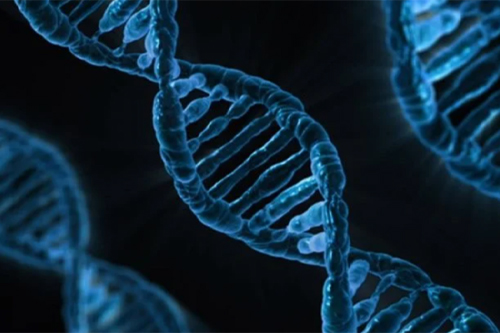
Neurogenetics
Neurogenetics is a fascinating field that explores the intricate relationship between genetics and the nervous system. By studying how genetic mutations influence brain development and function, researchers aim to uncover the root causes of various neurological disorders. This field not only provides insights into the genetic basis of these conditions but also paves the way for innovative treatments and therapies.
What is Neurogenetics?
Neurogenetics focuses on understanding how genetic variations contribute to neurological disorders. These conditions often arise from mutations in genes that play a critical role in brain development, neural communication, or overall nervous system function. Examples of neurogenetic disorders include Rett syndrome, Fragile X syndrome, and Angelman syndrome, each of which has unique genetic underpinnings and clinical manifestations.
The Role of Genetics in Neurological Disorders
Genetic mutations can disrupt normal brain development and function, leading to a wide range of symptoms. For instance, some disorders may cause intellectual disabilities, while others might result in movement difficulties, seizures, or behavioral challenges. Importantly, many neurogenetic disorders are present from birth or early childhood, though some may manifest later in life. By identifying the specific genetic mutations involved, scientists can better understand how these conditions develop and progress.
Common Neurogenetic Disorders:
- Rett Syndrome: Primarily affecting girls, Rett syndrome is caused by mutations in the MECP2 gene. Symptoms include developmental regression, loss of motor skills, and repetitive hand movements.
- Fragile X Syndrome: This condition results from a mutation in the FMR1 gene and is a leading cause of inherited intellectual disability. It is often accompanied by behavioral challenges and physical features such as a long face and large ears.
- Angelman Syndrome: Caused by a deletion or mutation in the UBE3A gene, Angelman syndrome is characterized by severe developmental delays, speech impairments, and a happy, excitable demeanor.
Symptoms and Diagnosis
The symptoms of neurogenetic disorders vary widely depending on the specific condition and the genes involved. Common signs include developmental delays, intellectual disabilities, difficulty with movement or coordination, and seizures. Additionally, some disorders may present with unique behavioral or physical traits.
Diagnosing neurogenetic disorders typically involves a combination of clinical evaluation, genetic testing, and imaging studies. Advances in genetic sequencing technologies have made it easier to identify specific mutations, enabling more accurate diagnoses and personalized treatment plans.
Treatment and Management
- Physical Therapy: To enhance mobility and muscle strength.
- Occupational Therapy: To improve daily living skills and independence.
- Speech Therapy: To address communication challenges.
- Medications: To manage symptoms such as seizures or behavioral issues.
In addition to these therapies, genetic counseling is highly recommended for families affected by neurogenetic disorders. Counseling provides valuable information about the condition, its inheritance patterns, and the risks for future pregnancies.Contact Us
